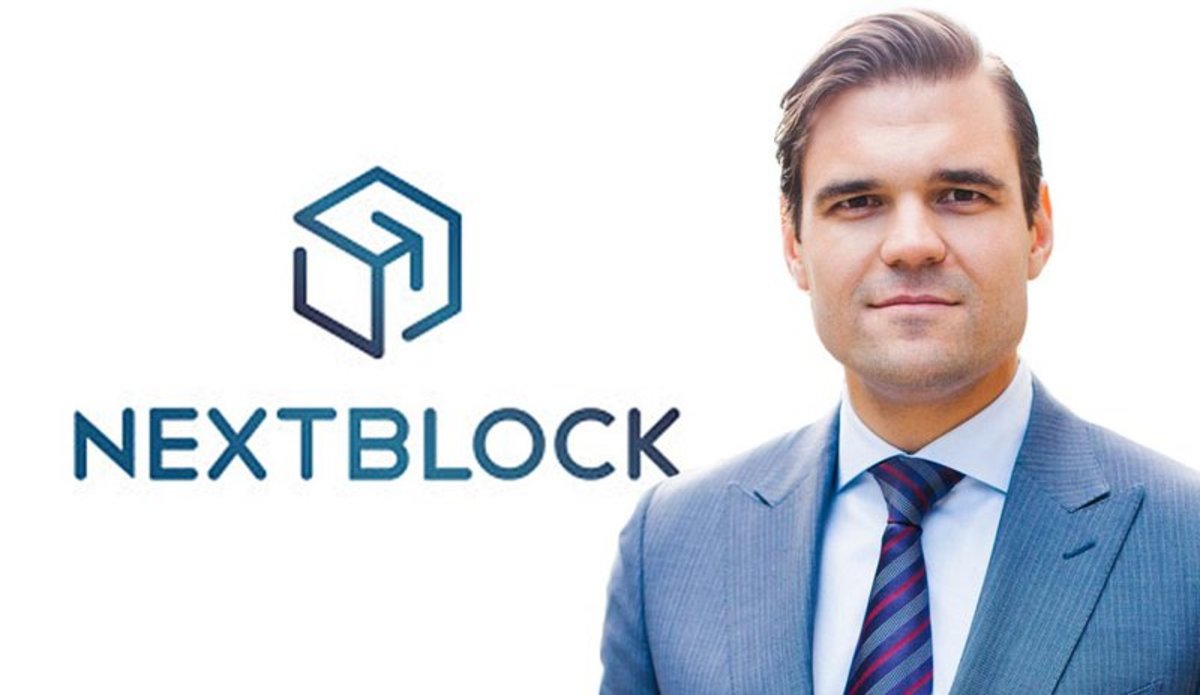
Alex Tapscott, CEO of NextBlock Global, a venture capital company investing in blockchain technologies, announced in a press release yesterday that he is canceling their plans to go public through a reverse takeover (RTO) of Nobelium Tech Corp., a company listed on the Toronto Stock Exchange (TSX).
Tapscott said the young company had “stumbled” in falsely listing some crypto and blockchain experts as members of the firm’s advisory board. He is currently talking to NextBlock investors to work out how to return their original investments and to “rebuild the trust of those [they] have disappointed.”
NextBlock Global raised $20 million in their initial oversubscribed fundraising in July 2017 and had hoped to raise $100 million in the public offering. They planned to invest in digital currencies, blockchain hosting platforms and blockchain-based applications.
CIBC and investment bank Canaccord Genuity (a former employer of Tapscott’s) were underwriters on the deal, but CIBC pulled its support from the young venture capital firm amid the allegations.
According to BNN, clients of CIBC received an email saying, “CIBC has withdrawn as an agent from the NextBlock Global Limited private placement.” CIBC was not available for comment.
Sources have told BNN that Canaccord Genuity remained in the deal.
An article in Forbes last week detailed complaints from Kathryn Haun, Vinny Lingham, Dmitry Buterin and Karen Gifford that Tapscott had circulated an investor deck that incorrectly listed them as members of the NextBlock advisory board.
Dmitry Buterin, co-founder of Blockgeeks and father of Ethereum co-founder Vitalik Buterin, was included in at least one draft of the investor deck. He told Bitcoin Magazine in a recent interview what had happened. He recounted:
“It’s pretty simple. Alex asked me to be an advisor, I declined. Then I got a deck forwarded to me which listed me as an advisor. It was forwarded to me by investors who received it from Alex.”
Buterin said he had met with Tapscott to let him know he wouldn’t be on the advisory board:
“We had a meeting and I was not convinced that they have the right resources to pull this off.”
When Is an Advisory Board Not an Advisory Board?
A thread on Twitter about NextBlock recently included some comments about how advisory boards have become routine and are often used as window dressing for making ICO pitches and, therefore, they aren’t really “advising” as such.
One user commented that likely only 50 to 60 percent of advisory boards are legitimate anymore, and put the NextBlock situation in a different light, implying that it’s become common practice to dress up a proposal with photos of known experts.
Amber D. Scott, CEO of Outlier Solutions, told Bitcoin Magazine that she gets several requests a week to sit on ICO advisory boards. Scott explained that the conversation often goes like this:
ICO rep: “We saw you speak at an event and would love to add you as an advisor.”
Scott: “I’ve looked at your website/white paper and I’m not sure where you need compliance advice. Could you please elaborate on that?”
ICO rep: “You don’t actually have to do anything. We’ll just put your picture and bio on the website. You have a great name in the community.”
Andreas Antonopoulos, well-known author of “Mastering Bitcoin,” says on his website that he does not accept invitations to sit on advisory boards and that he will not discuss projects publicly if he does work as an advisor.
Vitalik Buterin has also had to make it clear several times on Twitter that he is not an advisor for a number of firms that have touted his advice.
What could have been a major scandal for both the Tapscotts (father Don and son Alex) has been averted by this move, but how much long-term damage both NextBlock and the Blockchain Research Institute will sustain to their reputation remains to be seen.
The father-son Tapscott team co-founded the Toronto-based think tank Blockchain Research Institute, and co-authored the book “Blockchain Revolution: How the Technology Behind Bitcoin Is Changing Money, Business and the World,” which has been translated into more than 20 languages.
The Blockchain Research Institute is holding a Members Summit this week in Toronto. Members of the think tank include CIBC, Microsoft, IBM, Fujitsu, Accenture, Tencent, Bell, Nasdaq, FedEx, Interac and the Governments of Canada and Ontario.










